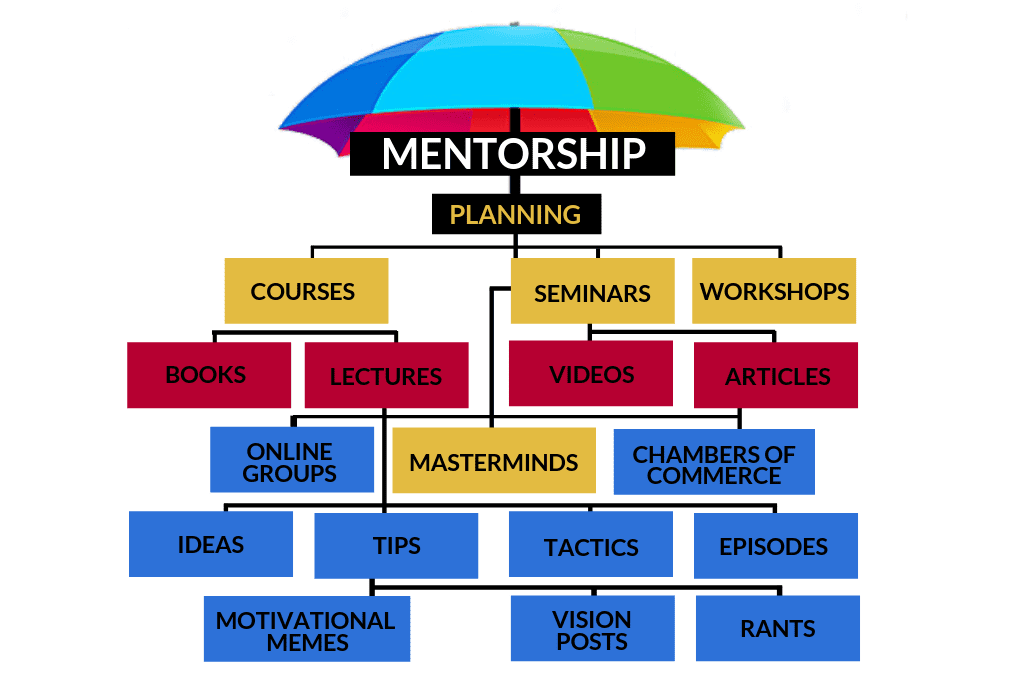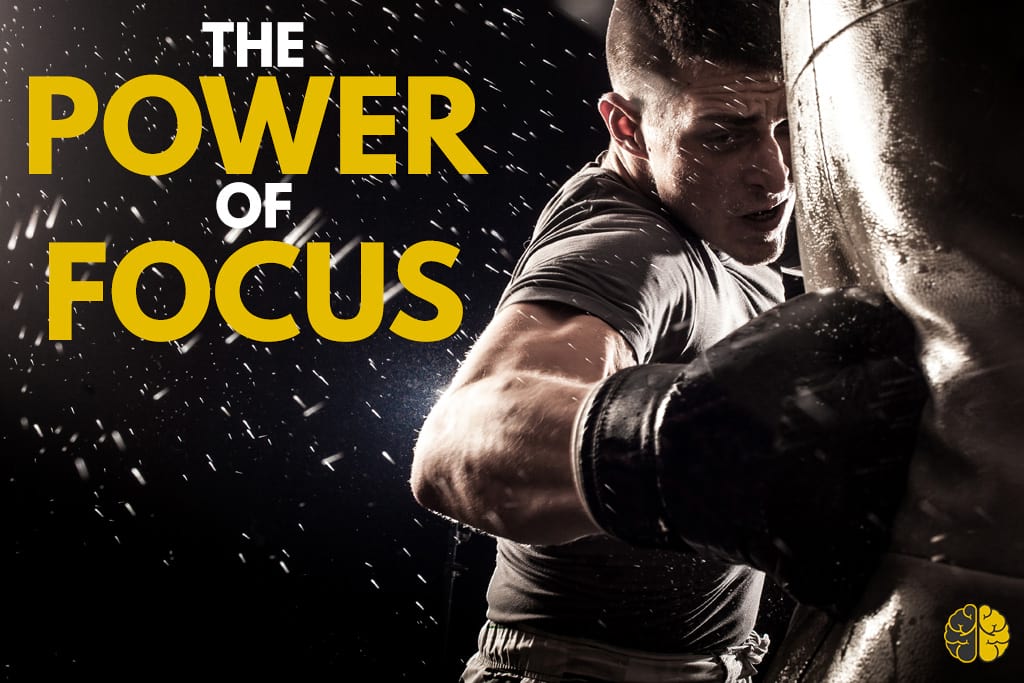Last month, I issued a challenge: perform five basic actions for 55 days to grow your gym business.
We called it the #UNBREAKABLE55 challenge, and you can see the results in the Gym Owners United Facebook group.
This was a public challenge, so even gym owners who weren’t familiar with Two-Brain data and lessons were able to get results from it. And they did.
But why was this challenge so effective—even for long-term gym owners?
Simple: because they focused on the basics instead of trying to do everything.
Getting referrals isn’t hard. Focusing on getting referrals is almost impossible.
Meeting new people isn’t hard. Finding the time to leave the gym and take coffee to the neighbors is hard.
That’s why a mentor’s job is really to get you to focus.
A mentor helps you build a plan and stick to it.
A Business Mentor: Your Filter
Entrepreneurship is cool now. Guys like Gary Vaynerchuk and Elon Musk make the dream of being your own boss sexy.
That means we have more information, more help and more ideas than ever before. Access to information is no longer the problem. Everyone has enough good ideas.
The new problem is overwhelm. We fail to take action because we’re paralyzed by too many opportunities.
We don’t see how each idea or tactic or habit fits into a larger plan, so we take a shotgun approach to improving our businesses.
And we don’t have filters for the sources of our information, so we trust that everything on the internet is true even when we know it’s not. We want to believe.
A mentor’s role is to help you sort ideas—your own or the great ones you found elsewhere—and build them into your plan. Then a mentor’s role is to help you stick to your plan or shift it to match your strengths.
If you’re trying to build a plan without a mentor, the graphic below might help: It’s a hierarchy of business knowledge and actions. Where should you find new ideas? Which should you choose? When? What are your priorities?
Finding Knowledge in Noise

Let’s start at the bottom: the lowest value use of your time and attention.
We all love motivational memes about business, but unless they clearly say “do this one thing right now,” they’re useless. And even if they do say “take this specific action,” invest your time in something more valuable if there isn’t a clear path to increased revenue.
The next layer (ideas, tips, tactics and episodes) has value but also carries a huge potential for overwhelm. A mentor’s job is to help you identify where you’re strong and keep you focused on those tactics. A mentor who simply throws ideas at you isn’t helping (and is probably slowing you down).
The next layer of value for your time and attention is peer support. Online groups, masterminds, chambers of commerce and business mixers all have value. The best groups are curated for quality people and moderated for quality discussion. But it’s almost impossible to tell the difference between opinion and advice, and it’s definitely impossible to spot outright lies. Any entrepreneurs group, online or in person, is only as good as its filters.
More valuable than peer support is actual education. Presumably, lectures and books and seminars are created by people who have actually been successful and are willing to share their tactics. This layer is more valuable because of the higher-level filters: editors, publishers and “stages,” like TED Talks. Presumably, someone who knows something is filtering out the bad ideas and noise. But many good business books would make a great blog post (there’s not much past the first chapter), and the filters are poorer than ever.
The next layer is a two-way education: a dialogue. These are courses, seminars and workshops in which the hosts help the attendees apply the content to their specific challenges.
I no longer run two-day seminars where I get up and lecture because they don’t help. Instead, we run action-based Summits, where a speaker introduces a topic and then attendees apply it to their businesses on the spot.
One of the best tactics I’ve learned is to leave a seminar as soon as you learn one good thing and spend the rest of the weekend in your hotel room working on that thing. That’s far more valuable than amassing ideas and then taking action on none.
Filter and Focus
All these things, put together, form a plan. To make an effective plan, you need some distance from your current situation. You need an objective eye. That’s where a mentor comes in. A mentor is there to identify what you really need and to help you identify the best tactics, to provide the best support, and to supply the right amount of accountability.
For example, many new Two-Brain clients say, “I need more members.” Then they’ll cite a tactic they saw in a Facebook group. But then they’ll say, “I don’t have time to do it.”
So the mentor guides them through the work that will get them more time first. That’s part the RampUp phase of mentorship.
Then the mentor says, “Let’s determine how we’re going to spend your time.” That’s part of building an annual plan, which comes at the start of Growth Phase. If the tactic will actually generate more clients, the mentor builds it into the plan.
From there, the mentor’s role is to help the entrepreneur fill time with the best courses, support and tactics for him or her at that moment.
You can try to do All The Things. Or you can invest your time and budget wisely—doing the right things at the right time to the exclusion of all the noise and overwhelm.
You can spend 2021 the same way you spent 2020: making guesses, trying to do everything and feeling overwhelmed. This is actually what most people do. And the result they get? Instead of seven years of business experience, they get one year of business experience repeated seven times.
Or you can get a mentor. This is what I realized in 2008, when I found my first mentor. And it’s why I have a mentor today. As you become more successful, the choices just get bigger.
We have a diverse team of nearly 40 mentors worldwide. They’re not all like me because not everyone needs someone like me. We pair the best mentor with each gym owner.
The Other Filter: People
Just as you need to focus your time and attention, you need to focus on the right people.
Not every person is right for your gym, and not every gym owner is right for Two-Brain. Many are surprised to learn that only three of every 10 people who book free calls with Two-Brain are invited into our mentorship practice. We have a lot of love to give, but we can’t give it to everyone.
Click here to talk with one of our team members for free. There’s only one way to find out if you’re a perfect fit.
Other Media in This Series
“What Is Mentorship in the Fitness Business?”
“Action Is Everything (Why We Don’t Sell Courses)”
“Cleaning up the Business of Business”
“Why Our Advice Changes”
“11 Things We Learned From COVID (The Fitness Industry’s New Normal)”

